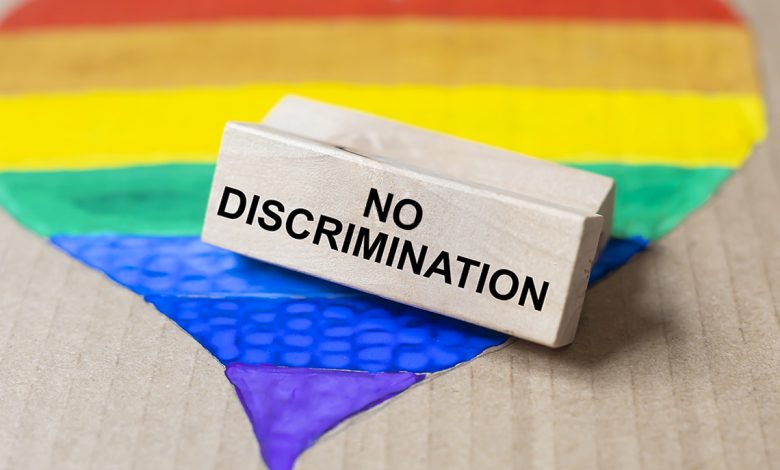EdUHK Research on Resistance as a Form of Resilience in Sexual and Gender Minorities

Lesbian, gay, bisexual, and transgender (LGBT) individuals across the globe experience prejudice, discrimination, hate crimes, and many other forms of victimisation. As a fundamental means for transforming and advancing the conditions of LGBT individuals, collective action has gained increasing attention in research, policy and practice over the past decade. It has been used to advocate for LGBT rights, such as anti-discrimination laws, marriage equality, adoption and parenting, and legal recognition of gender. While collective action is influential in driving public awareness and policy changes, little is known about the psychological effects on individuals undertaking collective action.
The study by Dr Randolph Chan Chun-ho, Associate Professor at the Department of Special Education and Counselling, The Education University of Hong Kong, examined how different types of collective action moderate the negative relationship between perceived discrimination and mental health. The aims of the study were (1) to adopt an inductive approach to developing a scale for measuring collective action for LGBT rights in less democratic societies, (2) to examine the underlying dimensions of collective action for LGBT rights, (3) to investigate the moderating role of collective action on the relationship between perceived discrimination and mental health among LGBT individuals, and (4) to examine gender differences in the moderating effect of collective action.
The researchers developed a scale to measure collective action for LGBT rights and examined the underlying dimensions of collective action in a sample of 1,050 LGBT individuals in Hong Kong. The research also examined the moderating role of collective action on the relationship between perceived discrimination and depressive symptoms.
The LGBT Collective Action Scale measured two dimensions of collective action: private and public. The moderating effects of private and public collective action were significant, such that the positive association between perceived discrimination and depressive symptoms was weaker among LGBT individuals with higher levels of collective action. Subgroup analyses showed that private collective action moderated the association between perceived discrimination and depressive symptoms among sexual minority men and women, but the moderating effect of public collective action was found only in sexual minority women. Perceived discrimination was positively correlated with private and public collective action, but it exhibited a significantly stronger association with public collective action than with private collective action.
The study provided empirical support for the resilience effect of collective action in sexual and gender minorities. Collective action enables LGBT individuals to counteract heterosexism in various forms: either privately, by confronting the biased language and attitudes of others, or publicly, by taking part in protests for LGBT rights. Participating in private and public collective action can buffer the negative effect of discrimination on mental health in LGBT individuals.
The study was conducted together with Professor Winnie Mak Wing-sze at the Department of Psychology, The Chinese University of Hong Kong.
To learn more about the research, please click here.




